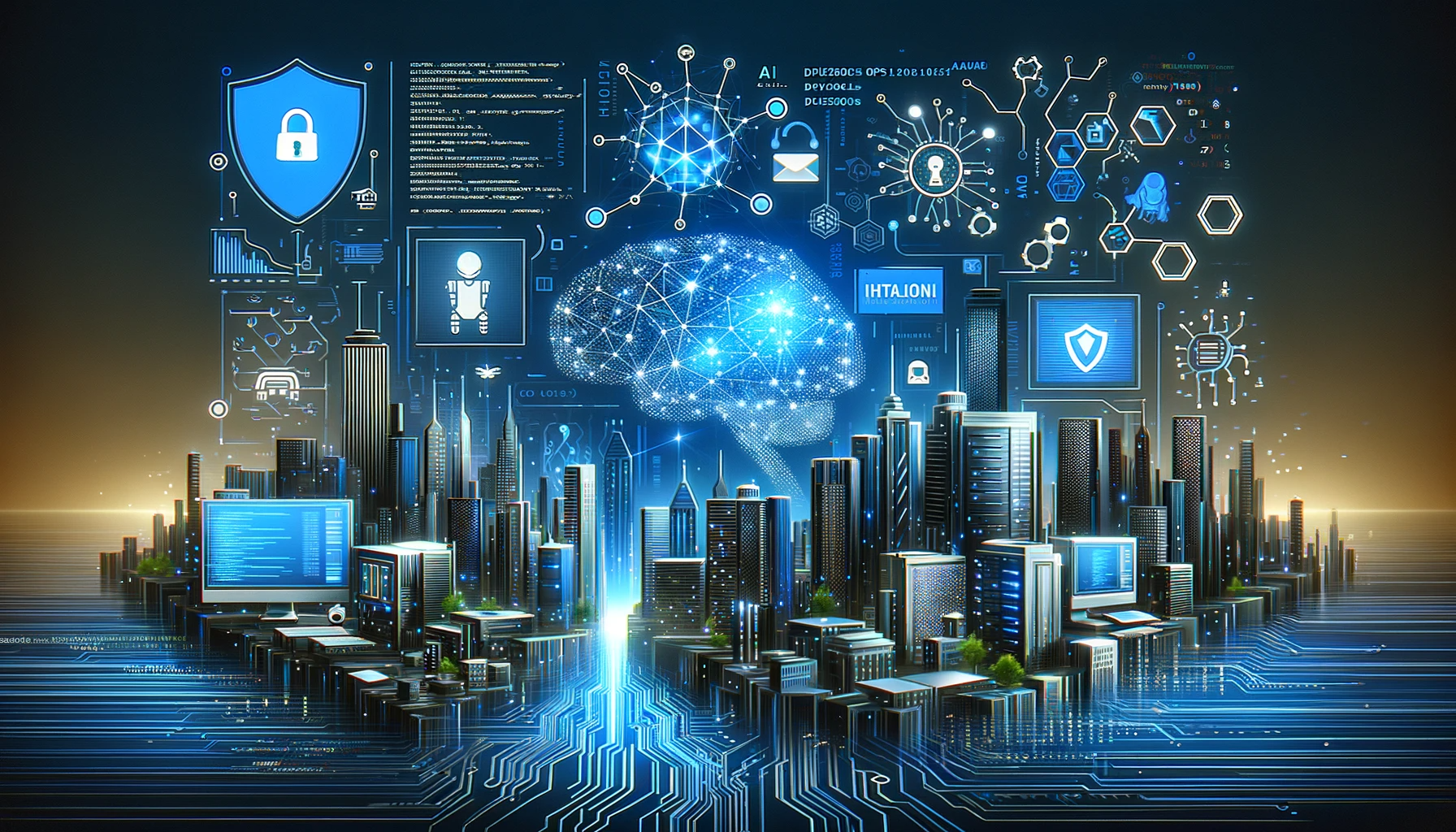AI's Transformative Role in DevSecOps: A Future-Forward Perspective
By: Moonswitch Team
| December 01, 2023

The integration of Artificial Intelligence (AI) in DevSecOps (Development, Security, and Operations) is not just a futuristic concept – it's a present reality that's reshaping how we approach software development and security. In this blog post, we'll explore the multifaceted uses of AI in DevSecOps, offering insights into how this synergy can enhance security, improve efficiency, and drive innovation.
1. Automated Security Protocols
AI algorithms can analyze vast amounts of data much quicker than humans, enabling the automation of routine security tasks. This includes identifying vulnerabilities, predicting potential threats, and enforcing security protocols. By automating these tasks, DevSecOps teams can focus on more strategic initiatives, leaving the routine to AI.
2. Continuous Integration and Delivery (CI/CD)
In the realm of CI/CD, AI aids in the continuous analysis of code for vulnerabilities. It can be integrated into the CI/CD pipeline to provide real-time feedback, ensuring that any security issues are identified and addressed before the software is deployed. This not only enhances security but also streamlines the development process.
3. Anomaly Detection
AI excels in identifying patterns and deviations from these patterns. In DevSecOps, this translates into more effective anomaly detection. AI systems can monitor network traffic and user behavior to identify unusual activity that might indicate a security breach, often catching issues that would be missed by traditional methods.
4. Predictive Analytics
AI's predictive capabilities are a game-changer for anticipating future threats. By analyzing historical data, AI can predict potential security vulnerabilities and suggest proactive measures. This foresight allows organizations to stay one step ahead of cybercriminals.
5. Enhanced Compliance and Governance
Compliance with various regulatory standards is a significant aspect of DevSecOps. AI can streamline this process by automatically ensuring that the development processes adhere to the required standards, significantly reducing the risk of non-compliance.
6. Incident Response and Recovery
When security incidents occur, the speed of response is crucial. AI-driven tools can help in quickly identifying the scope of a breach and suggesting the most effective response. Moreover, they can learn from these incidents, improving their future responses.
7. Intelligent Automation in Development
Beyond security, AI can aid in the development aspect of DevSecOps by automating routine coding tasks, suggesting optimizations, and even writing code snippets. This can significantly speed up the development process and reduce the risk of human error.
8. Enhanced Collaboration
AI can facilitate better collaboration between development, security, and operations teams by providing a unified view of the security landscape and development processes. This ensures that all teams are on the same page and can work together more effectively.
Conclusion
The fusion of AI with DevSecOps is not just enhancing security; it's revolutionizing the way we develop and maintain software. By embracing AI in DevSecOps, organizations can not only bolster their cybersecurity but also gain a competitive edge through more efficient and innovative development practices.
